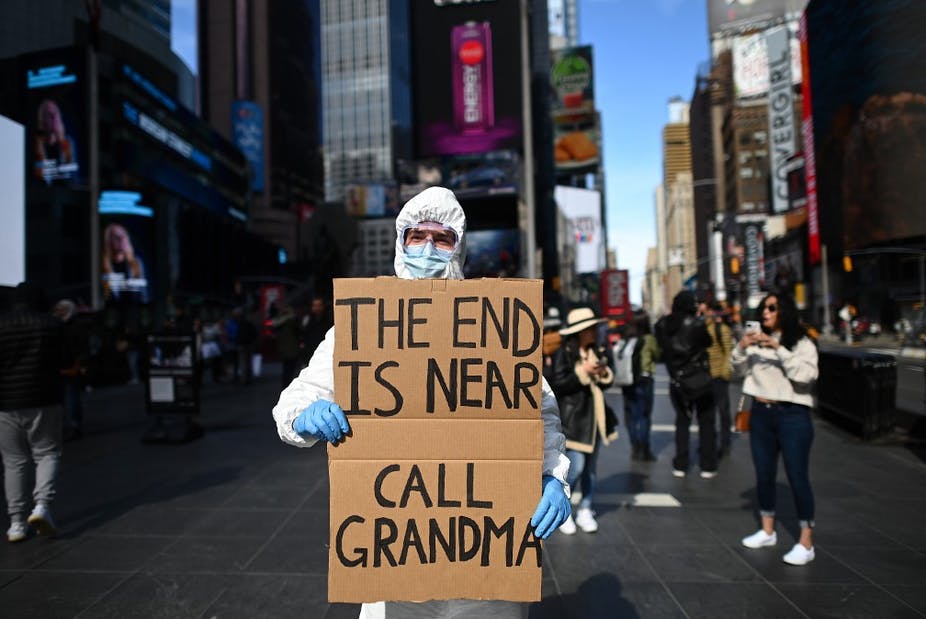Webinaire “Les Images en commun” 2021-2022
The sessions of this cycle of virtual encounters have been conceived as a place for discussion between image practitioners appropriating user-generated content, art and media theorists, activists, or anyone else manipulating UGC.

